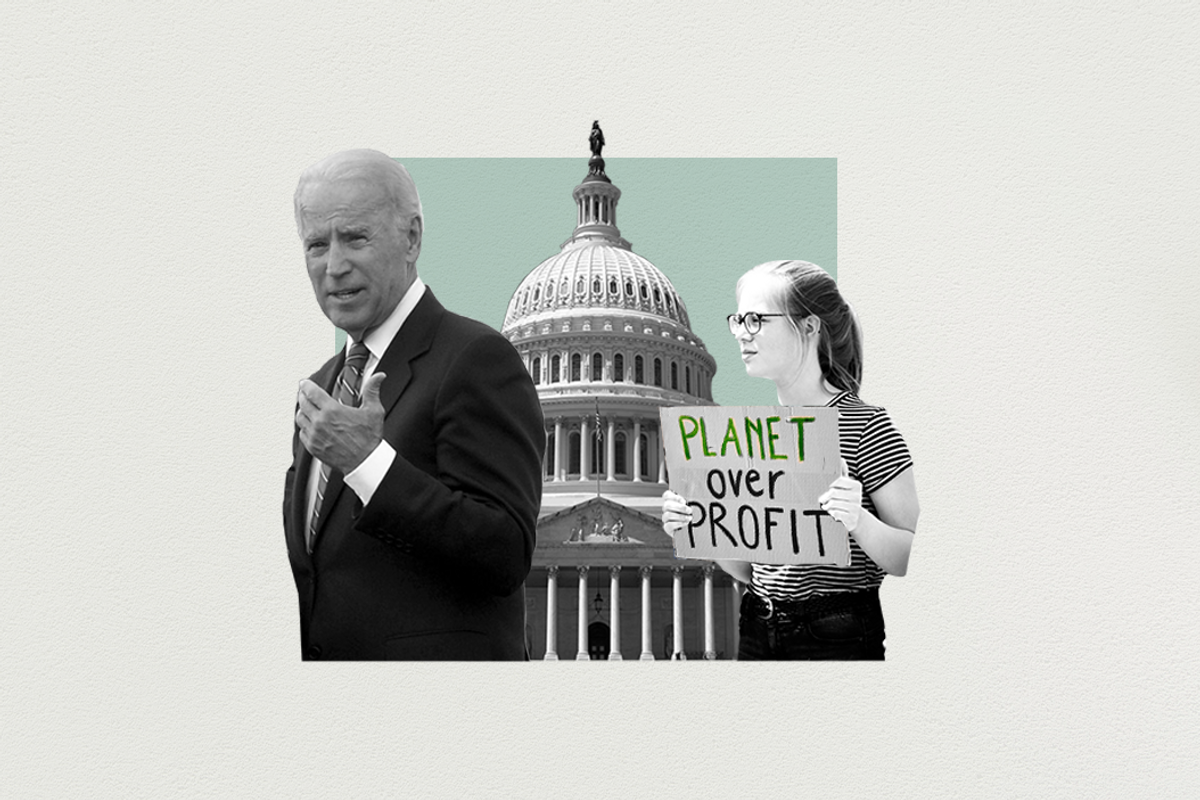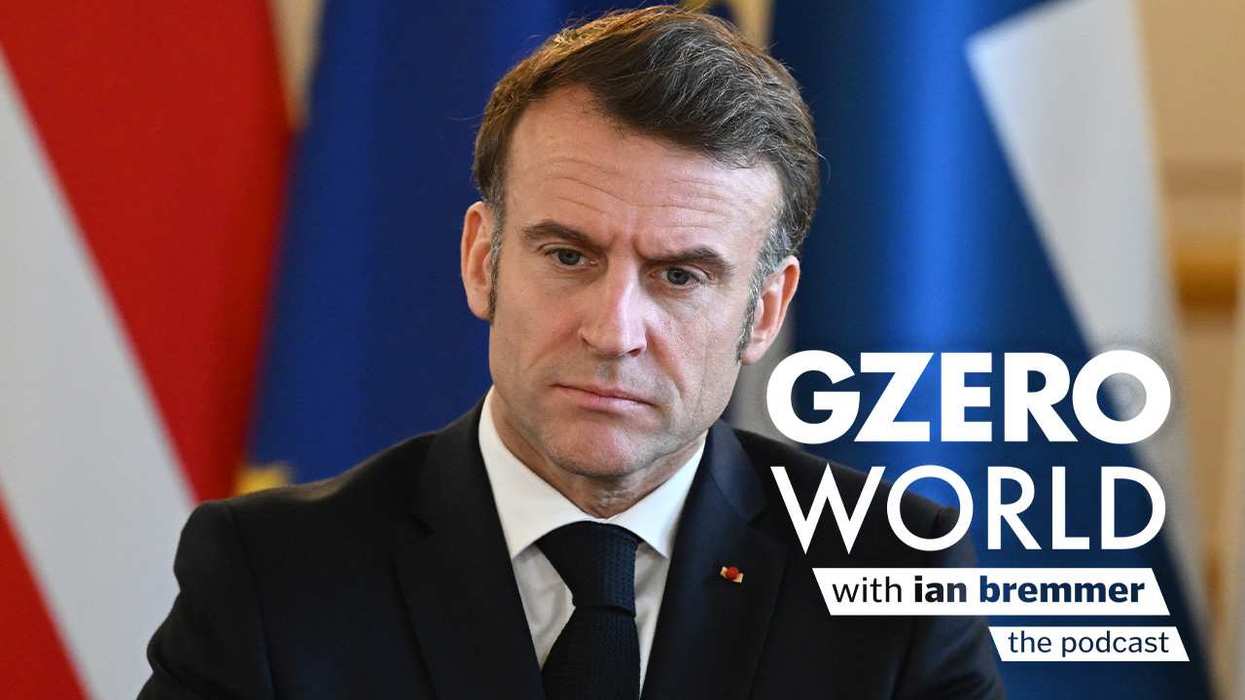Biden's oil dilemma. The Biden administration says it will release some 50 million barrels of crude from US stockpiles in a bid to reign in soaring gasoline prices. Similar moves were made by Japan, South Korea, and China in recent days as global energy prices rise and supplies remain scarce in many places amid the ongoing economic recovery. Pain at the gas pump and broader inflation concerns in the US have contributed to Biden's tanking poll numbers. With Republicans poised to do well in next year's midterm elections, the president is under pressure to turn things around fast. But Biden has already come under fire from environmental groups, who say the president's move flies in the face of his Glasgow commitments to reduce rather than boost fossil fuel consumption. But in domestic politics, bread-and-butter issues are paramount, and if Biden doesn't "fix" the gas problem hurting American families, the Democrats could suffer a beating at the polls. What's more, Biden has also angered the 23-nation Organization of Petroleum Exporting Countries, which worries that extra US oil on the market will bring down prices for their own crude. Now the organization is warning that it might renege on an earlier promise to produce more oil.
Abiy Ahmed takes to the battlefield. Ethiopian PM Abiy Ahmed, a Nobel Peace Prize winner who has also been accused of leading a civil war where crimes against humanity have been committed, says he will personally lead the army "on the battlefield" as the rival Tigray People's Liberation Force make inroads towards the capital Addis Ababa. Abiy has called for "martyrdom" in his year-long conflict with the TPLF, who dominated Ethiopian politics for decades before Abiy took power in 2018. Abiy, a former soldier who recently called on all able people to fight, is not messing around: he said that regional and national government officials will take over his duties while he takes up arms. This latest development in a civil war that's killed tens of thousands and displaced some 2 million people comes just weeks after reports that Tigrayan rebels captured key territory around the capital and suggests that Abiy's (political) days may be numbered.
Are Iran nuclear talks collapsing? An Iranian delegation will meet with European, Russian, and Chinese counterparts in the upcoming days for the first time since Iran's hardline President Ebrahim Raisi took office this summer. The Americans will be in Vienna too, but they won't attend face-to-face meetings with the Iranians. Six months ago, the Biden administration was optimistic that it could revive the 2015 nuclear deal, but that's in doubt now, as the sides remain very far apart. Iran continues to enrich uranium to near bomb-making levels, while denying access to international inspectors. Meanwhile, the Biden administration won't lift sanctions until Tehran stops enrichment and has balked at Iran's (impossible) demand for guarantees that future US administrations won't impose economic sanctions. With prospects for a comprehensive deal fading, the US is reportedly already considering alternatives, including an interim deal that would simply freeze the status quo. That might be better than nothing, but according to some estimates, Tehran is already just weeks away from being able to develop a nuclear weapon meaning that the status quo is a dangerous one.



















